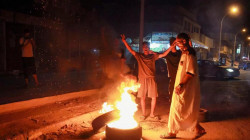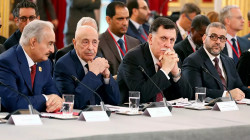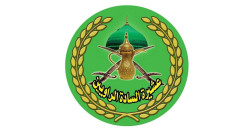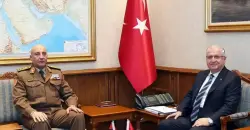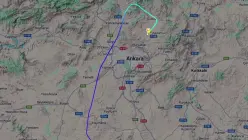Egypt-Turkiye relations face first test in Libya amid political crisis
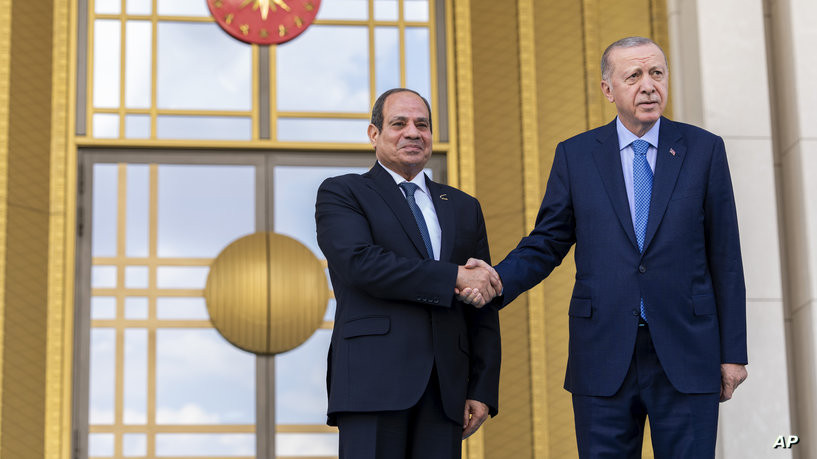
Egypt-Turkiye relations face first test in Libya amid political crisis
Shafaq News/The recent rapprochement between Egypt and Turkiye will face its first significant challenge in Libya, given the ongoing political crisis there.
The Guardian reported that the dispute over the Central Bank of Libya has led to widespread disruptions in the country’s oil production, risking a severe crisis in a major energy exporter that has been divided between rival factions in the east and west for years. The conflict intensified when western factions attempted to oust the bank’s governor, Al-Siddiq al-Kabir, prompting eastern factions to halt oil production entirely.
The situation has become so entangled that while Al-Kabir retained control over the bank’s website, a rival council appointed by the Presidential Council issued statements through the bank’s verified Facebook page.
Egyptian President Abdel Fattah el-Sisi’s visit to Turkiye, which was a response to Turkish President Recep Tayyip Erdoğan’s visit to Cairo last February, aims to rebuild relations strained over the past decade. The two leaders discussed Middle Eastern issues, including the Libyan file.
El-Sisi noted that they exchanged views on the Libyan crisis and agreed on the importance of stabilizing Libya through presidential and legislative elections, removing illegal foreign troops and mercenaries, and ending armed factions activities. He emphasized the need to resolve the crisis to end division and achieve security and stability.
The two countries are on opposing sides in the Libyan conflict, supporting rival factions since the fall of Muammar Gaddafi in 2011. Turkiye backs the government in western Libya, while Egypt supports General Khalifa Haftar, whose family dominates politics in eastern Libya.
The Guardian suggested that if the two nations cannot reconcile their approaches to ending Libya’s political divisions, the promise of a new era of broader cooperation might prove to be a false dawn.
The Central Bank of Libya was one of the few functioning institutions, and Western powers opposed the removal of its governor, viewing him as a source of stability. Turkish intelligence chief Ibrahim Kalin traveled to Tripoli immediately after the Erdoğan-Sisi summit, reportedly to persuade Prime Minister Abdul Hamid Dbeibeh to either reinstate Al-Kabir temporarily or find a consensus on a new board to lead the bank.
Alia Ibrahim, a journalist specializing in MENA politics, noted that the internal conflicts in Libya are driven by elite families vying for economic resources, which shifts Turkiye's calculations, or at least alters its approach.
Ibrahim also highlighted the growing financial partnership between Turkish and Libyan companies in the east, including a major steel and iron plant project in Benghazi. While Turkiye is unlikely to offer the same level of military support to the Tripoli government, abandoning support for Dbeibeh’s bid for control of the central bank would be a significant concession.
The UN and Western ambassadors have called for a resolution to the crisis through consensus, possibly involving Al-Kabir’s temporary return. The UN Support Mission in Libya announced it will resume facilitating consultations between representatives of the House of Representatives and the High Council of State in the east, and the Presidential Council in Tripoli, on Wednesday.
The mission emphasized that time is crucial in reaching a consensus solution to the crisis and mitigating its negative effects. The parties involved requested to delay the meeting until Wednesday for further consultations.
Meanwhile, the embassies of the United States, France, and the United Kingdom in Libya have urged Libyan parties to make concessions to restore institutional integrity and stability regarding the Central Bank's management.
